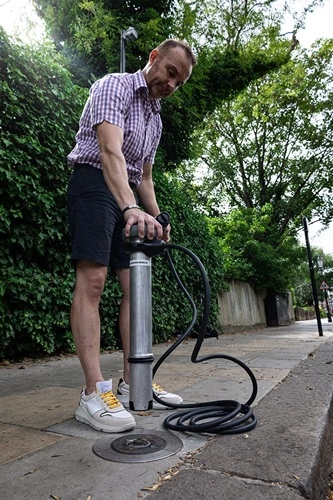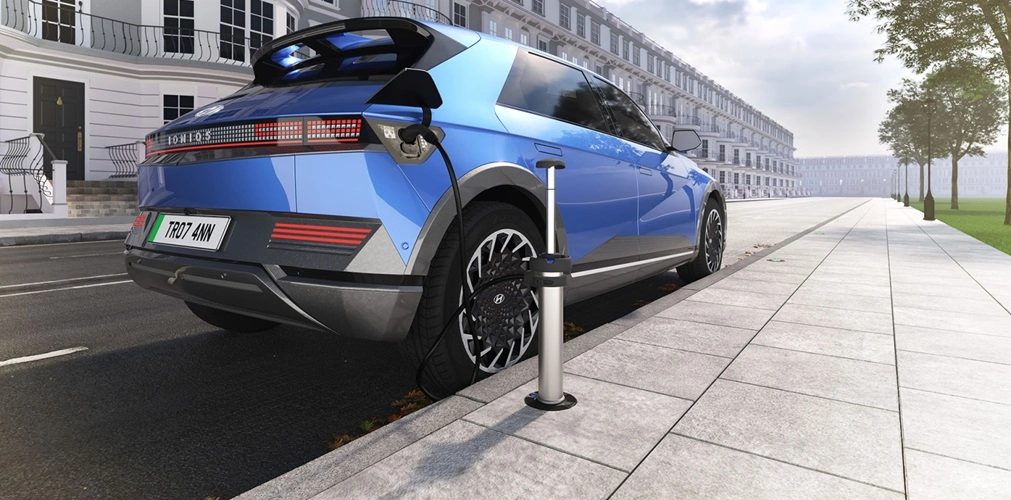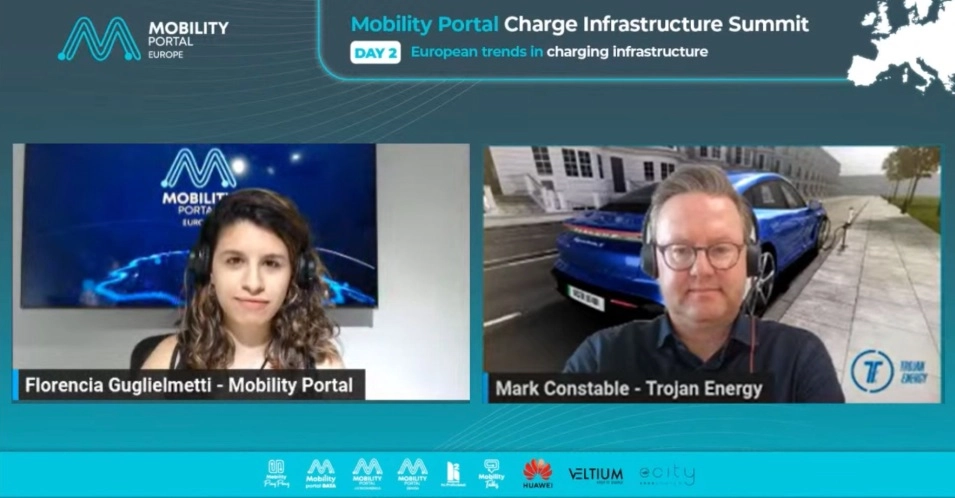During the “European Trends in Charging Infrastructure” event, organized by Mobility Portal Europe, Mark Constable, Head of Public Affairs at Trojan Energy, comments on the status of the company’s “largest” project.
The initiative involves the installation of 1300 electric vehicle (EV) charging points in the Barnet municipality, in London.
“We are halfway through the plan, which will be completed between April and May 2024,” Constable reveals.
“It represents Trojan’s first major commercial project, which is quite significant for a new company,” he adds.

It’s worth mentioning that the company was formed in 2016 with the mission of ensuring that everyone benefits from the energy transition, developing the Trojan Electric Vehicle Charging System.
This system provides a more eco-friendly, cost-effective, and immediate way of charging, up to 22 kW.
It is a system that offers an equal chance for EV drivers without a driveway to charge effectively at home, while eliminating residual clutter on the pavement.
Additionally, it does not require municipal authorities to zone parking spaces and provides network operators with the ability to manage energy demand in real-time.
The system delivers flat and flush chargepoints in hubs of up to fifteen, or single units powered by the home, to leave the streetscape uncluttered for everyone.
What is Trojan Energy’s business model?
Being a relatively new company has allowed Trojan Energy to discern which business strategies work in the UK and which do not.
In this regard, the company has opted for a business model that seeks to align incentives among all contracting parties in each project.
“We are interested in local authorities, councils, and administrations with which we work gaining some kind of revenue from the charging points they host in their areas,” explains Constable.

The reason for offering incentives is to ensure that contracting parties fulfill their assigned tasks.
“There are cases in the UK where, when the infrastructure has been installed and has broken down, it has not been repaired because there is no incentive among the parties to put the service back into service,” indicates the Head of Public Affairs.
“It happens that councils do not want to spend money on staff to manage contracts, or that private companies, which in many cases have fully funded the infrastructure, do not have the ability to replace it effectively under the same model,” he adds.
Regarding Trojan Energy’s business model, it is noteworthy that it is “very open” about how the cost base is built and where the revenues come from.
“The councils we work with appreciate this level of openness in terms of contractual agreements. This translates into negotiations on what the price should be for local residents,” comments Constable.
“Although the general principles of the model are the same, we do not have a standard offer, so we work with each new partner with a customized contract,” he adds.
Currently, the company operates with three councils in London, with different commercial agreements in each case.
Below is the participation of Mark Constable, Head of Public Affairs at Trojan Energy, during the “European Trends in Charging Infrastructure” event, organized by Mobility Portal Europe:








